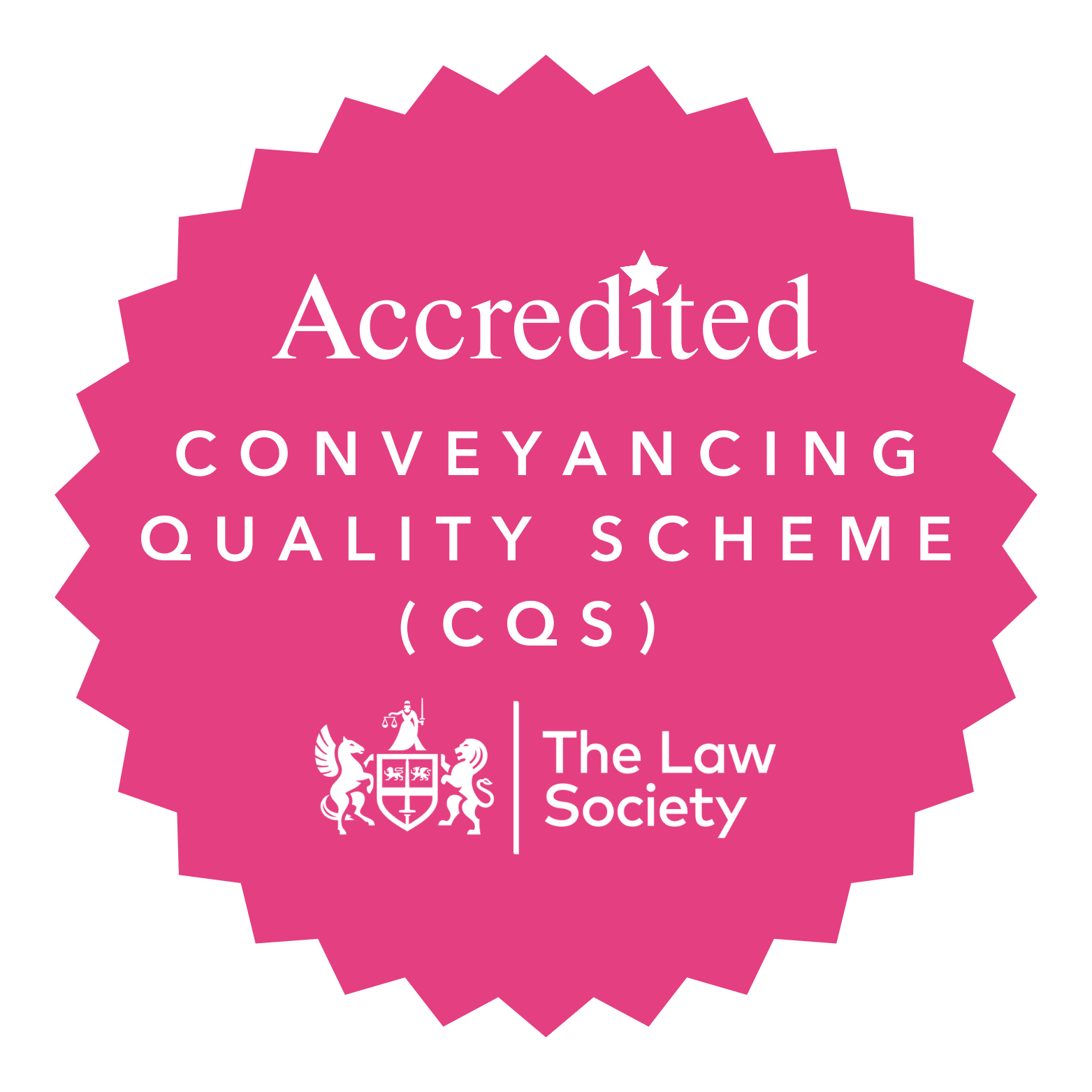- Milton Keynes 01908 660966
- Northampton 01604 828282
The Freeholder of my property is refusing to extend my Lease – What can I do?
 A Leaseholder of a residential property is entitled to extend your Lease providing certain criteria are met including the following:
A Leaseholder of a residential property is entitled to extend your Lease providing certain criteria are met including the following:
- They have owned the property for no less than 2 years;
- The original Lease was granted for a period of no less than 21 years.
As a Leaseholder this right is important because the more the term of the Lease decreases, so does the property value.
Whilst many Leaseholders are successful in agreeing an extension with the Freeholders amicably either informally or following service of a Section 42 Notice, unfortunately disputes or circumstances can arise where an application to the First Tier Tribunal Property Chamber (“the Tribunal”) becomes necessary. For example if the parties are unable to agree on the premium payable or the Freeholder simply fails to co-operate or engage in the process.
Once an application to the Tribunal has been made, the Tribunal will either decide the terms of any new Lease, including the premium payable, on the papers filed, or a final Hearing will be listed in order for both parties to present their case.
After considering each party’s case and providing the Tribunal is satisfied that the Leaseholder meets the criteria required to entitle them to an extension, it will grant an Order setting out the terms upon which the new Lease is to be granted. If either party then fails to complete the new Lease incorporating these terms within two months of the Order being granted, a further Application can be made within 2 months to the Tribunal to enforce the Order.
If you have been unable to agree an extension with your Freeholder please contact our Dispute Resolution Department for information about our fixed fee services for Tribunal applications on 01604 828282 / 01908 660966 or email litigation@franklins-sols.co.uk.












